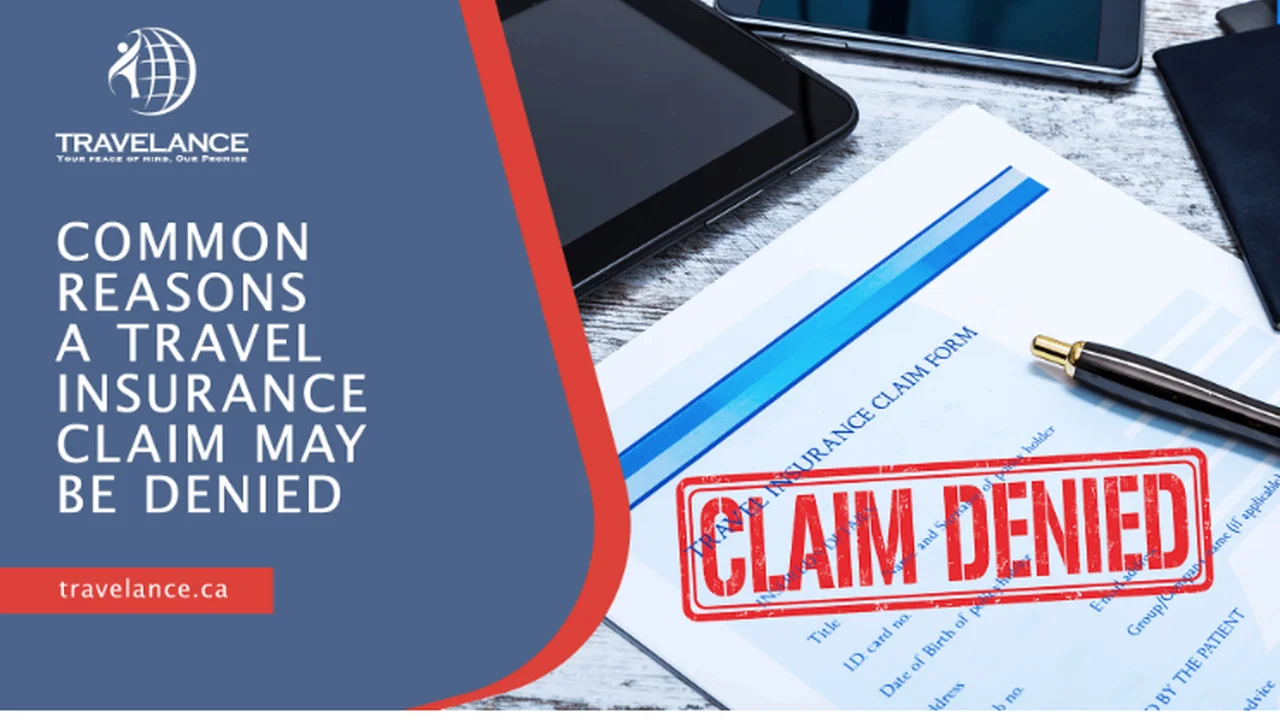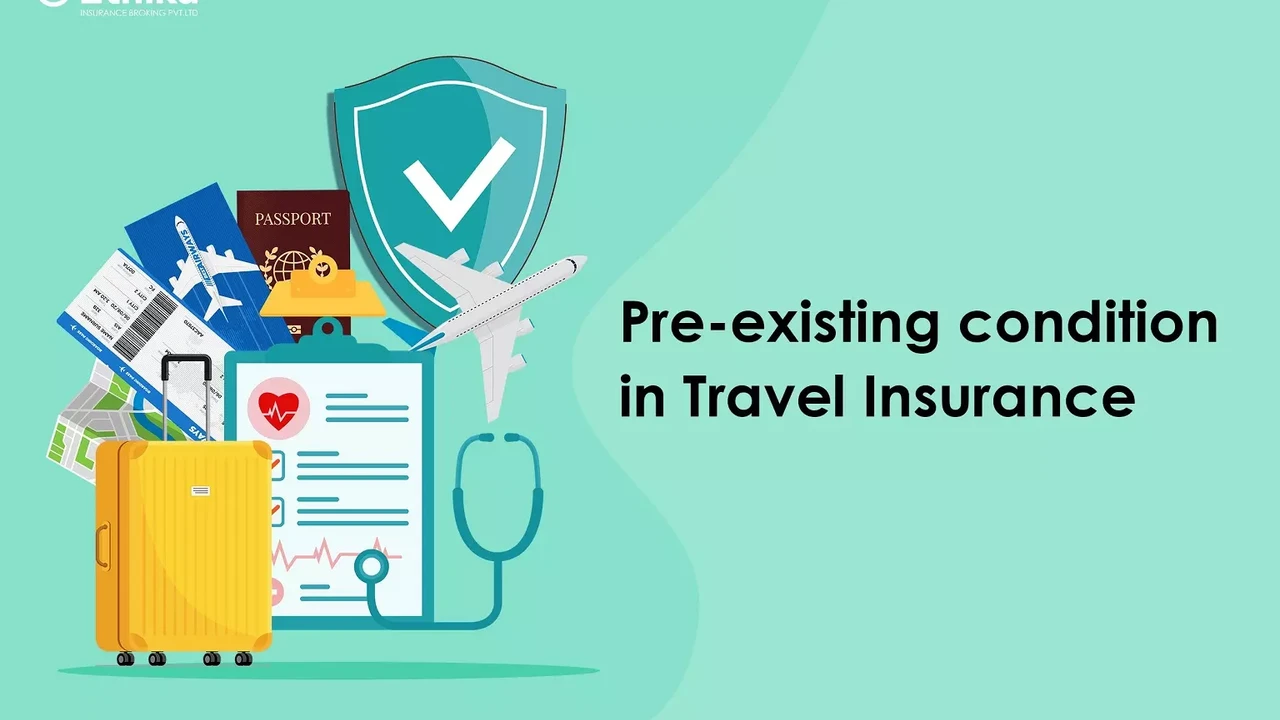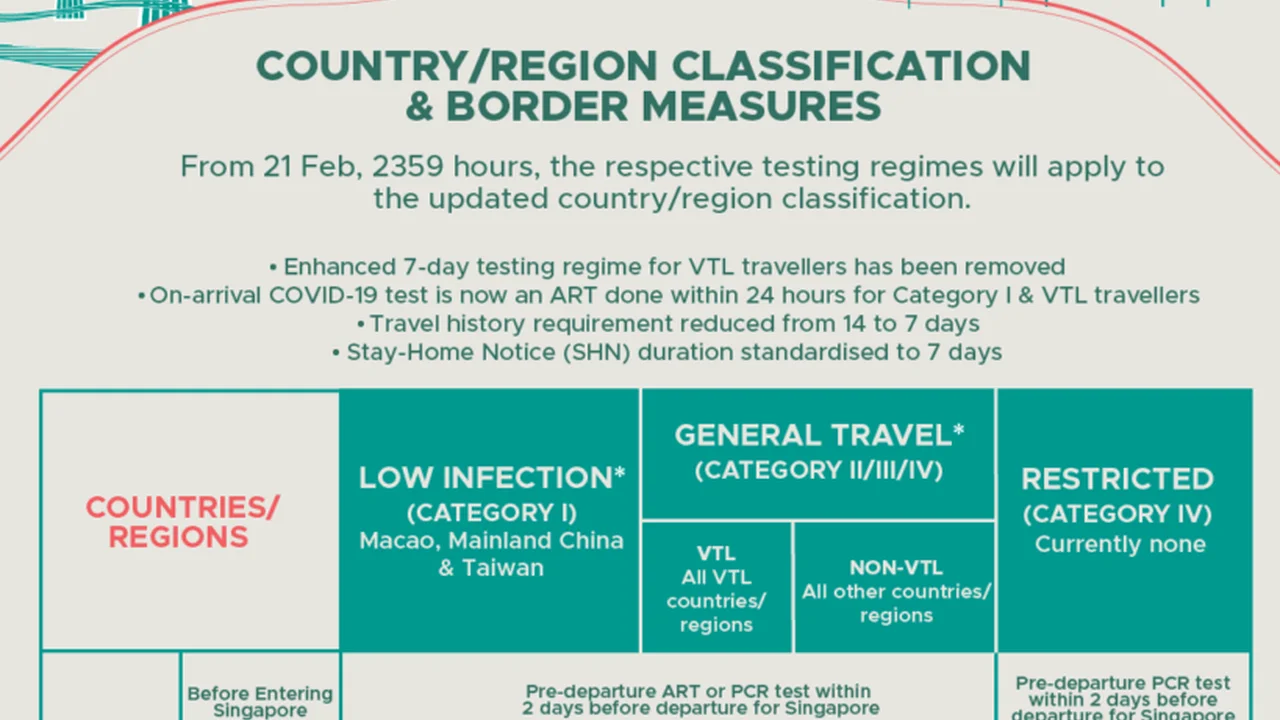Travel Insurance Claim Denied? Here's What to Do

Understanding Why Your Travel Insurance Claim Was Denied Common Reasons for Denial
Okay, so you've filed your travel insurance claim, waited patiently (or maybe not so patiently), and then...denial. Frustrating, right? Before you throw your hands up in the air and resign yourself to footing the bill, let's figure out why your claim might have been rejected. Knowing the reason is the first step to potentially overturning the decision. Several factors can trigger a denial. Let's break them down:
- Pre-existing Medical Conditions: This is a big one. Many travel insurance policies have strict rules about pre-existing conditions. If you had a health issue before your trip, and it contributed to the reason you're claiming, the insurance company might deny your claim. They'll often look back at your medical records to confirm. It's crucial to declare any pre-existing conditions when you purchase your policy – even if you think they're minor. Failure to do so can invalidate your entire policy.
- Exclusions: Every policy has exclusions – things it *doesn't* cover. These can include extreme sports (like bungee jumping or skydiving), acts of war or terrorism (depending on the policy), and sometimes even losses due to your own negligence (like leaving your laptop unattended and it gets stolen). Read the fine print carefully!
- Insufficient Documentation: This is a common pitfall. You need to provide solid proof to back up your claim. This might include medical reports, police reports (for theft), receipts, and any other documents that support your case. The more thorough you are, the better. Missing documents can lead to automatic denial.
- Late Filing: Travel insurance companies usually have a deadline for filing claims. If you wait too long, they might reject your claim, regardless of its validity. Check your policy documents for the specific timeframe.
- Activities Under the Influence: If your claim arises from an incident that occurred while you were under the influence of alcohol or drugs, it's highly likely to be denied. Travel insurance companies typically exclude coverage for incidents related to substance abuse.
- Unattended Belongings: Many policies stipulate that you must take reasonable care of your belongings. If your luggage is stolen because you left it unattended in a public place, your claim may be denied.
- Violation of Policy Terms: This is a catch-all category that can include things like traveling against medical advice or participating in illegal activities. Always adhere to the terms and conditions of your policy.
Reviewing Your Travel Insurance Policy Wording Understanding Exclusions and Limitations
This is where the real detective work begins. Don't just skim your policy; *read* it carefully. Pay close attention to the sections on exclusions, limitations, and definitions. These sections outline what the policy *doesn't* cover and the specific circumstances under which coverage might be limited. Understanding these details is crucial for identifying potential grounds for appeal.
Look for specific clauses that might apply to your situation. For example, if your claim was denied due to a pre-existing condition, check the policy's definition of "pre-existing condition" and the rules surrounding it. If your claim was denied because of an excluded activity, make sure the activity is clearly listed as an exclusion. Sometimes, the wording can be ambiguous, which gives you an opportunity to argue your case.
Don't be afraid to highlight key sections and take notes. The more familiar you are with the policy wording, the better equipped you'll be to challenge the denial.
Gathering Supporting Documentation Strengthening Your Case for Travel Insurance Claim Approval
Think of your documentation as your evidence in a court of law. The stronger your evidence, the better your chances of winning. Here's a checklist of documents you might need:
- Your Travel Insurance Policy: This is the foundation of your claim. You'll need to provide a copy of your policy documents.
- Proof of Travel: Airline tickets, hotel reservations, tour confirmations – anything that proves you were actually traveling.
- Medical Reports: If your claim is related to medical expenses, you'll need detailed medical reports from the treating physician, including diagnosis, treatment, and costs.
- Police Reports: If your claim is related to theft or loss, you'll need a police report documenting the incident.
- Receipts: Keep receipts for all expenses related to your claim, including medical bills, accommodation costs, and replacement items.
- Photographs and Videos: If you have any photos or videos that support your claim, include them. For example, photos of damaged luggage or a video of the incident.
- Witness Statements: If there were witnesses to the incident, obtain written statements from them.
- Any Communication with Travel Providers: Include any emails or letters you exchanged with airlines, hotels, or tour operators regarding your claim.
Make sure all your documents are clear, legible, and organized. A well-organized file will make it easier for the insurance company to review your claim and increase your chances of approval.
Writing an Appeal Letter Effectively Communicating Your Case to the Insurance Company
This is your opportunity to present your case in a clear, concise, and persuasive manner. Here's a step-by-step guide to writing an effective appeal letter:
- Start with a Formal Salutation: Address your letter to the claims department or the specific claims adjuster handling your case. Include your policy number and claim number.
- Clearly State Your Purpose: State that you are appealing the denial of your claim and provide the date of the denial letter.
- Summarize Your Claim: Briefly describe the incident that led to your claim, including the date, location, and nature of the loss or injury.
- Explain Why You Believe the Denial Was Incorrect: This is the heart of your appeal. Explain why you believe the insurance company's denial was wrong, referencing specific clauses in your policy and providing supporting documentation.
- Address the Specific Reason for Denial: If the insurance company cited a specific reason for the denial (e.g., pre-existing condition, exclusion), address that reason directly and explain why it doesn't apply to your situation.
- Present Your Evidence: Clearly explain how your supporting documentation supports your claim. Refer to specific documents and explain what they demonstrate.
- Be Polite and Professional: Maintain a respectful tone throughout your letter, even if you're frustrated. Avoid making personal attacks or using inflammatory language.
- State Your Desired Outcome: Clearly state what you want the insurance company to do. Do you want them to reconsider your claim? Do you want them to pay the full amount of your claim?
- End with a Formal Closing: Thank the insurance company for their time and consideration and provide your contact information.
- Keep a Copy: Make a copy of your appeal letter and all supporting documentation for your records.
Remember, your appeal letter is your chance to tell your story and persuade the insurance company to see things your way. Take your time, be thorough, and be persuasive.
Considering External Dispute Resolution Options When to Seek Help from Ombudsmen or Regulators
If your appeal is unsuccessful, don't give up hope. You still have options. Consider seeking help from an external dispute resolution body, such as an ombudsman or regulatory agency. These organizations are independent and impartial, and they can help you resolve your dispute with the insurance company.
- Ombudsmen: An ombudsman is an independent official who investigates complaints against organizations, including insurance companies. They can provide mediation and conciliation services to help you reach a settlement.
- Regulatory Agencies: Regulatory agencies are government bodies that oversee the insurance industry. They can investigate complaints and take disciplinary action against insurance companies that violate the law.
Before contacting an ombudsman or regulatory agency, make sure you have exhausted all other avenues for resolving your dispute. Gather all your documentation, including your policy documents, claim forms, denial letter, appeal letter, and any other relevant information. Be prepared to explain your case clearly and concisely.
Travel Insurance Products Recommendation and Comparison With Usage Scenarios and Pricing
Choosing the right travel insurance is crucial for peace of mind. Here are a few recommendations, comparisons and usage scenarios:
World Nomads Explorer Plan: For Adventurous Travelers
Usage Scenario: Backpacking through Southeast Asia, hiking in the Andes, or participating in extreme sports.
Features: Covers a wide range of activities, including many extreme sports. Offers high medical coverage limits and trip interruption/cancellation coverage. Good for longer trips.
Pros: Flexible coverage options, 24/7 emergency assistance, covers many adventure activities.
Cons: Can be more expensive than other plans, exclusions for certain high-risk activities.
Pricing: Varies based on trip duration, destination, and age. Expect to pay around $100-$300 for a 2-week trip.
Allianz Global Assistance: Comprehensive Coverage for Families
Usage Scenario: Family vacation to Europe, cruise, or any trip where comprehensive coverage is desired.
Features: Offers a wide range of benefits, including trip cancellation/interruption, medical coverage, baggage loss/delay, and rental car damage. Options for pre-existing conditions coverage.
Pros: Comprehensive coverage, reputable company, various plan options to fit different needs.
Cons: Can be more expensive than basic plans, some exclusions may apply.
Pricing: Varies based on trip duration, destination, and age. Expect to pay around $80-$250 for a 2-week trip.
Travelex Insurance Services: Budget-Friendly Option
Usage Scenario: Short trips, domestic travel, or when seeking a more affordable option.
Features: Offers basic coverage for medical expenses, trip interruption/cancellation, and baggage loss/delay. Suitable for less risky trips.
Pros: Affordable, simple and straightforward coverage, easy to purchase.
Cons: Lower coverage limits compared to other plans, fewer benefits included.
Pricing: Varies based on trip duration, destination, and age. Expect to pay around $50-$150 for a 2-week trip.
Comparing the Products
When choosing a travel insurance product, consider the following factors:
- Coverage Limits: Ensure the policy provides adequate coverage for medical expenses, trip cancellation/interruption, and baggage loss/delay.
- Exclusions: Understand what the policy doesn't cover, such as pre-existing conditions or certain activities.
- Customer Service: Check the insurance company's reputation for customer service and claims processing.
- Price: Compare prices from different providers to find the best value for your needs.
Navigating the Claims Process After a Denial and Understanding Your Rights
Even if your initial claim is denied, you have rights as a consumer. Don't be afraid to fight for what you're entitled to. Here's how to navigate the process:
- Understand the Reason for Denial: As mentioned earlier, this is crucial. Know exactly why your claim was rejected.
- File an Appeal: Follow the steps outlined earlier to write a compelling appeal letter.
- Keep Detailed Records: Document everything, including communication with the insurance company, receipts, and medical records.
- Consider Mediation or Arbitration: If your appeal is unsuccessful, explore mediation or arbitration as alternative dispute resolution methods.
- Consult with a Legal Professional: If you believe the insurance company is acting in bad faith, consider consulting with an attorney who specializes in insurance law.
Remember, travel insurance is there to protect you when things go wrong. Don't hesitate to challenge a denial if you believe it's unjustified. By understanding your policy, gathering supporting documentation, and effectively communicating your case, you can increase your chances of getting your claim approved.
:max_bytes(150000):strip_icc()/277019-baked-pork-chops-with-cream-of-mushroom-soup-DDMFS-beauty-4x3-BG-7505-5762b731cf30447d9cbbbbbf387beafa.jpg)






